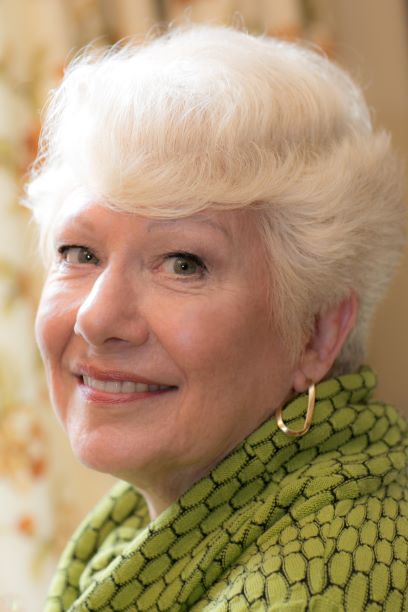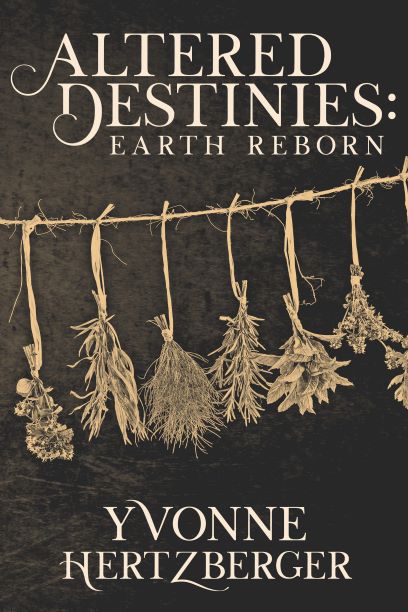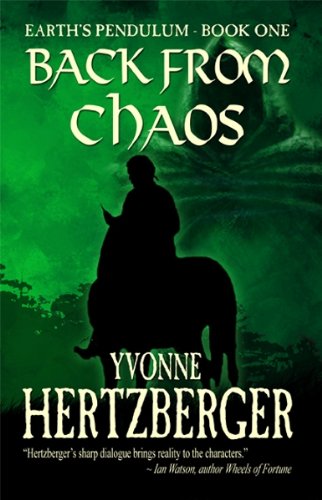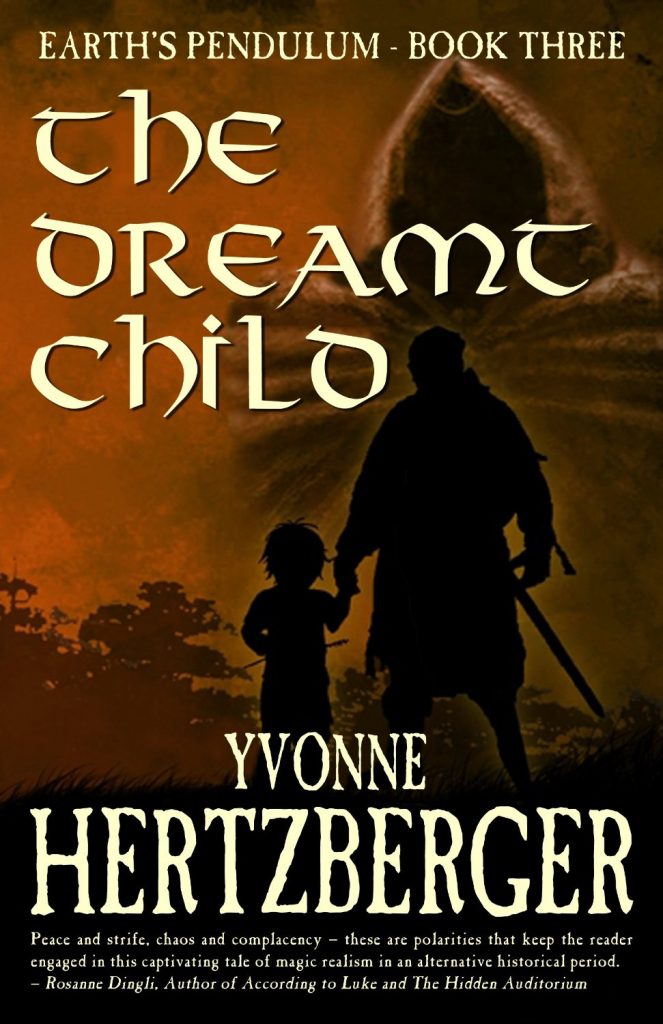It seems that editors, critics and readers look at what they read differently. This has led to a good deal of controversy about what constitutes good writing and whether point of view is even important. So what is point of view? The way I understand it, it is what can be known only from one person’s perspective. For instance, if I write a scene using Jane as the character describing it, I can only use what Jane sees, hears and knows. If I use information that only another character could know I am changing the point of view to the new character. This is one of the most difficult concepts for a writer to understand.
The powers that be (namely editors and publishers) have decided, for the most part, that any scene in a book must be told from only one point of view. If the writer changes to the point of view of another character in that scene, or even from more than two character’s perspectives, it is called ‘head hopping’. In other words we are ‘hopping’ from what is in one character’s head to the head of another.
Many books in the past were written from the ‘omniscient observer’ point of view. That meant that the writer, being the observer of the scene, knows what every character sees, hears and thinks and can shift to the point of view of a new character with every paragraph, if she/he wishes. Those of us who love the classics will be familiar with this.Most books used to be written in this way.
But the books that are getting the best reviews now permit only one point of view per scene, or situation. The person describing that scene cannot change and the writer cannot tell the reader anything that person would not know. If the point of view changes from scene to scene (though not within a scene), this is called multiple third person point of view, still not a favourite among the critics.
What editors and publishers appear to prefer now, is either the single third person point of view or the first person point of view. In the single third person point of view the entire story is told from the perspective of one person who is called by name, i.e. Larry did this, thought that, heard such and such. In the first person point of view the primary character tells the entire story as ‘I’, i.e. I saw this, heard that, understand so and so. Both of these are challenging, as the writer must take care not to show or tell anything that the character would not know. They cannot, for instance, know what another character is thinking, even if it might seem obvious. Nor can the writer have something go on behind that characters’ back. If the character cannot see it, neither must the reader. So if the writer wants the reader to understand something she/he must find a way that does not interfere with what the character telling the story could know.
Are you confused yet? That is all I will bend your minds with for today. Next time I will expand on this with some personal experiences and how they have influenced my writing. Then I will ask your opinions, both as fellow writers and as readers. Stay tuned.












Excellent. Valid. I know it ties in to a LinkedIn discussion. A lot of people, with very little training, decide they are now experts. I discourage people from allowing writing groups or “reviewers” to destroy their confidence. I don’t want to read formula novels, all written one way. An movie that makes the POV interesting is called Vantage Point. Highly recommended.
Have you read Freedom by Jonathan Franzen? (He also wrote The Corrections) – he plays beautifully with point of view – and is, obviously, a hugely successful writer. In my opinion a large part of the charm of his work is his imaginative use of point of view. There is a rashomon feel to the work that reminds me of one of my all time favorite books – The Alexandria Quartet by Laurence Durrell.
Hi Marion: No I haven’t read Franzen but have heard good things about him. So many book, so little time.
Being able to play with something to gently tweak the edges of received wisdom – especially where writing is concerned – is what it’s all about. Writing strictly within conventions can be stifling (although many readers like the comfort zone of knowing what they’ll get when they buy books by certain authors). Writing entirely off the wall is risky, because it can be seen as untrained, uninformed, or belonging to no one and nowhere. Somewhere in the middle is a bit vague, but pushing the envelope over one edge at a time will give results. This is a statement I make through personal publishing experience. And my publishers like what I send them.
This post on POV was intended for both writers and readers, so I tried to keep it simple. I agree completely. Hopefully when my guest blog for Morgen Bailey posts it will be a bit more scholarly. I essentially say just what you have. I think that is true for most conventions. Know the rules so you can break them with intelligence.